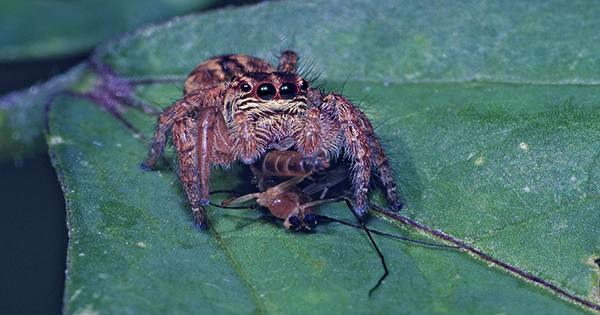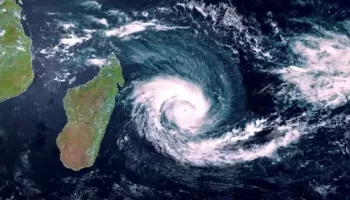Flying is such an obviously effective skill that it is amazing to discover animals that have surrendered to energy. Yet many birds and insects are unable to fly despite descending from such animals. Charles Darwin proposed an explanation for the frequency of this species in small islands, which is now confirmed.
Darwin noted that islands could be places of wind and that flying animals were at risk of flying toward the sea, perhaps finding no other way for them. He argued that the less the animals on an island flew, the more likely it was that they would avoid this fate and have children. Eventually, this will lead to a species that completely relinquishes power.
Joseph Hooker, director of the Royal Botanical Gardens, was considered Darwin’s best friend and first leading supporter of evolution. Yet Hooker even rejected this explanation, noting that continents also have airless insects. Since then many biologists have been in favor of Hooker, sometimes presenting their own theories.
Referring to the Southern Ocean islands as the world’s hottest places, Rachel Leahy, a student at Monash University, recognized them as the perfect test case for the Darwin-Hooker controversy. These islands are so small that they present a slight barrier to even faster winds at higher latitudes than the roaring forties that made them run around the world without anything to stop them. “If Darwin really got it wrong, the wind can’t explain why so many insects have lost the ability to fly to these islands,” Leihy said in a statement.
In the proceedings of the Royal Society B, Leihy stated that half of the island’s insect species are flightless. “It’s awesome,” he told IFLScience. “There are crawls around with very small wings on the side” “Furthermore, the lack of aircraft is most common where the wind speed is highest. In contrast, the globally known 5% of insects cannot fly. “
Leihy also explored alternative explanations, among which the most popular stable habitat eliminates the need to fly between places for food. Although this has been confirmed as the cause of aviation in caves in other environments, Leihy told IFLScience, the explanation cannot be properly captured in the Southern Ocean. There are no more flying inhabitants on the islands with variations in low seasonal temperatures, once allowed for winds. Likewise, low temperatures, which encourage energy conservation, were insignificant compared to air.
On the other hand, as Hooker’s statement revealed, some species abandon aviation for other reasons. In places like New Zealand, where many birds do not fly, Leihy said the lack of hunters is the driving factor.
In addition to his significant theory of evolution by natural selection, Darwin explained many phenomena that had previously surprised naturalists. Some immediately proved credible, but others remained controversial for at least a century. In some cases Darwin’s answer was ultimately rejected, but in many cases history has proved this.





